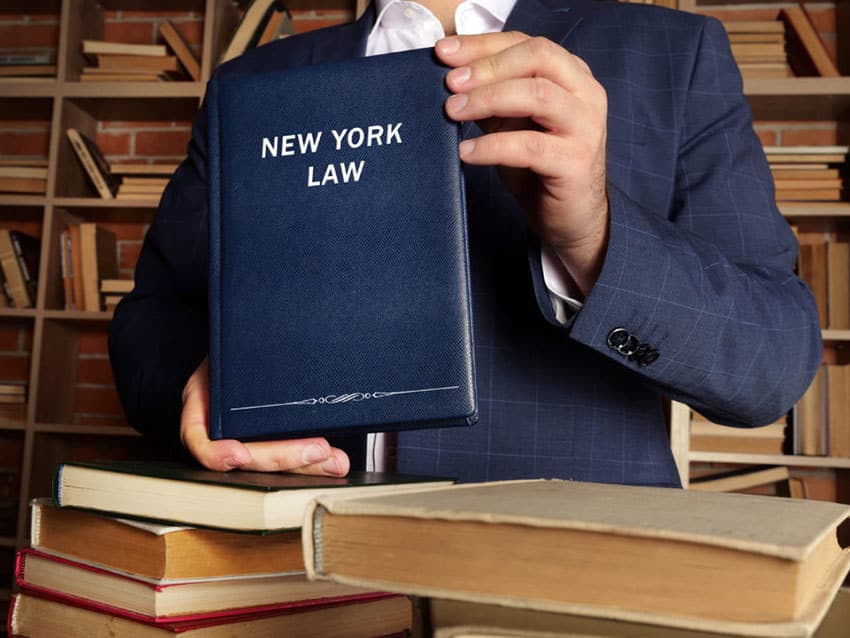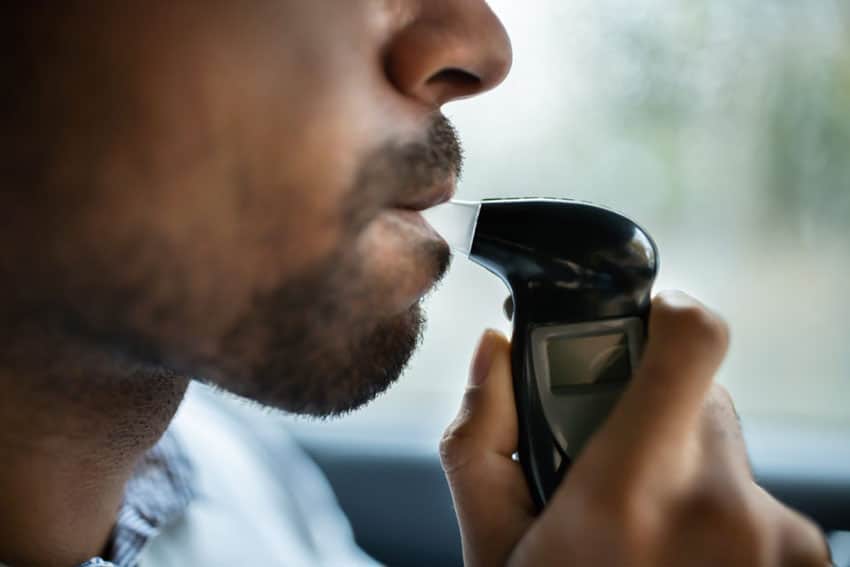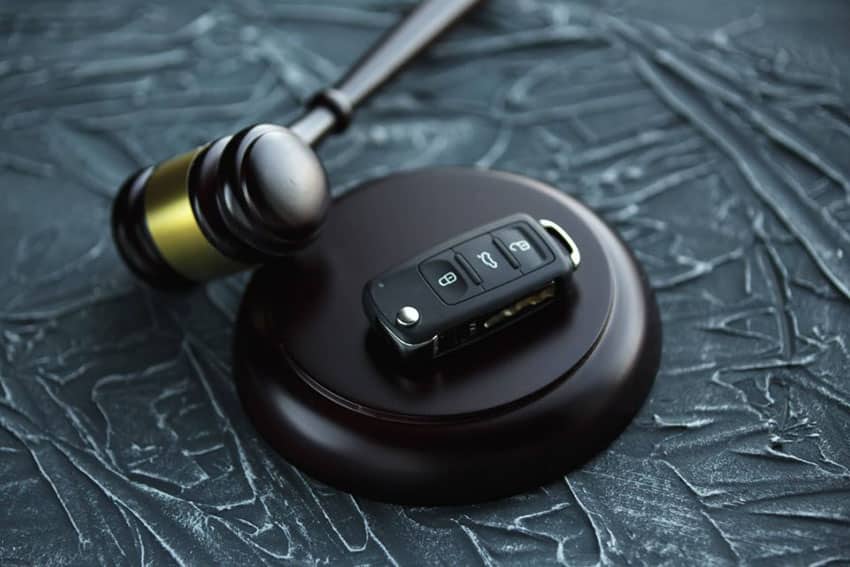Not sure what the difference is between a DWAI, DWI, and DUI? Or looking to learn more about what qualifies as a DWAI? Your Syracuse DWI Team has outlined these offenses for you below. With years of experience navigating these complicated charges, they’ve tackled some of the most common questions about DWAIs for your information.
WHAT IS A DWAI?
DWAI stands for Driving While Ability Impaired. In New York state, there are three different kinds of DWAIs. These are Driving While Ability Impaired by Alcohol, Driving While Ability Impaired by a Single Drug Other Than Alcohol, and Driving While Ability Impaired by a Combined Influence of Drugs or Alcohol. As outlined by the New York Department of Motor Vehicles, a driver qualifies for a DWAI/Alcohol if they have more than a .05 BAC but less than a .07 BAC, or other evidence of impairment. The repercussions for the first DWAI a driver receives are:
- DWAI/Alcohol
- Mandatory Fine: $300 – $500
- Maximum Jail Term: 15 Days
- Mandatory Driver’s License Action: Suspended for 90 days.
- DWAI/ Drug (illegal or prescription)
- Mandatory Fine: $500 – $1,000
- Maximum Jail Term: 1 Year
- Mandatory Driver’s License Action: Suspended for at least six months
- DWAI/Combination
- Mandatory Fine: $500 – $1,000
- Maximum Jail Term: 1 Year
- Mandatory Driver’s License Action: Suspended for at least six months
Repeated DWAIs can result in more serious repercussions. For example, if you receive three DWAIs in ten years, you could be looking at $10,000 in fines and 7 years in prison. Click here for more information from the New York State Department of Motor Vehicles on DWAIs.
WHAT IS THE DIFFERENCE BETWEEN A DWAI, DWI, AND DUI?
This is one of the most common questions the we receive.
Almost everyone has heard the terms DWI and DUI, and many think that both are interchangeable. In fact, many New York drivers may not know there are key differences between a DWI and DUI.
DUI or Driving under the Influence, is a common legal term used by many states, New York does not actually use the term. In New York, there are two main “drunk driving offense”, DWI and DWAI. DWI stands for “driving while intoxicated,” while DWAI stands for “driving while ability impaired.”
A DWI means that the driver is legally intoxicated, with a blood alcohol content of at least 0.08 percent.
A DWAI is specific to the substance impairing the driver. That is, you can be charged with a DWAI-Drugs, for driving under the influence of drugs, which includes illegal drugs are those that are prescribed, or a DWAI-Alcohol, for driving under the influence of alcohol with a blood alcohol content between .05 and .07 percent.
In New York, DWAI-Alcohol is considered a violation, however the penalties for a DWAI-Drugs conviction are similar to those for a DWI conviction, which include potential jail time, probation, fines and the mandatory license revocation.
Additionally, DWI offenders are required to install an ignition interlock device on their vehicle. An interlock device is essentially a breathalyzer connected to the vehicle engine. In order to start the engine, the driver must use the breathalyzer, and if any alcohol is detected, the engine will not start at all. Every New York driver convicted of a DWI is required to install and use an ignition interlock device for at least one year, plus any other penalty required.
Each subsequent DWI conviction can increase the potential penalties, and may lead to felony charges.
WHAT TO DO IF YOU RECEIVE A DWAI
Have you or a loved one received a DWAI? Not sure where to turn next? The DWI Team at DWI Law Firm is equipped to make sure you have great representation in the courtroom and to get the fair outcome you deserve. Call our office in Syracuse, NY today at 866-792-7800 or contact us here. Our Syracuse team of DWI and DUI attorneys handle lots of cases like these every day.













